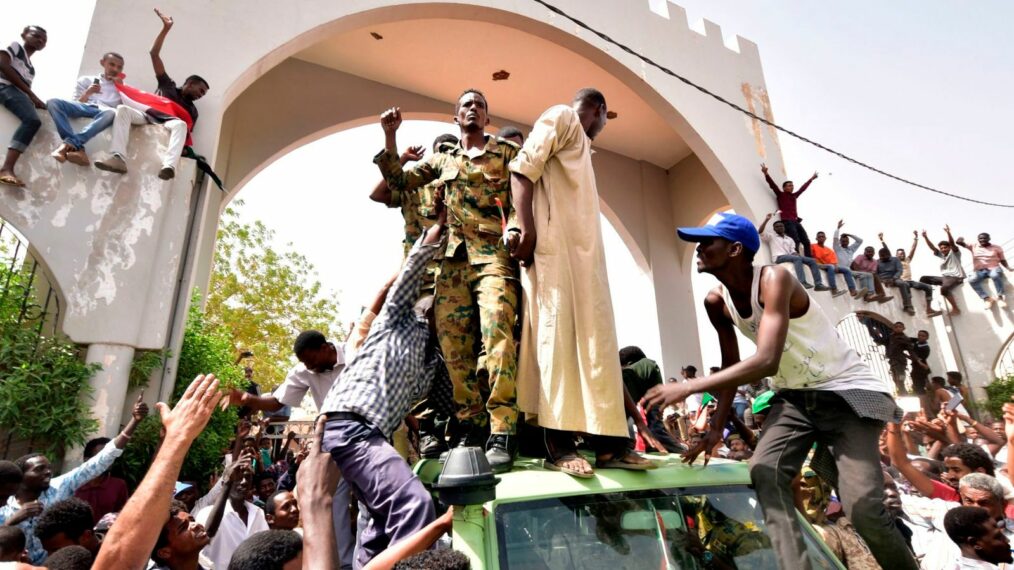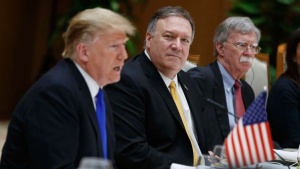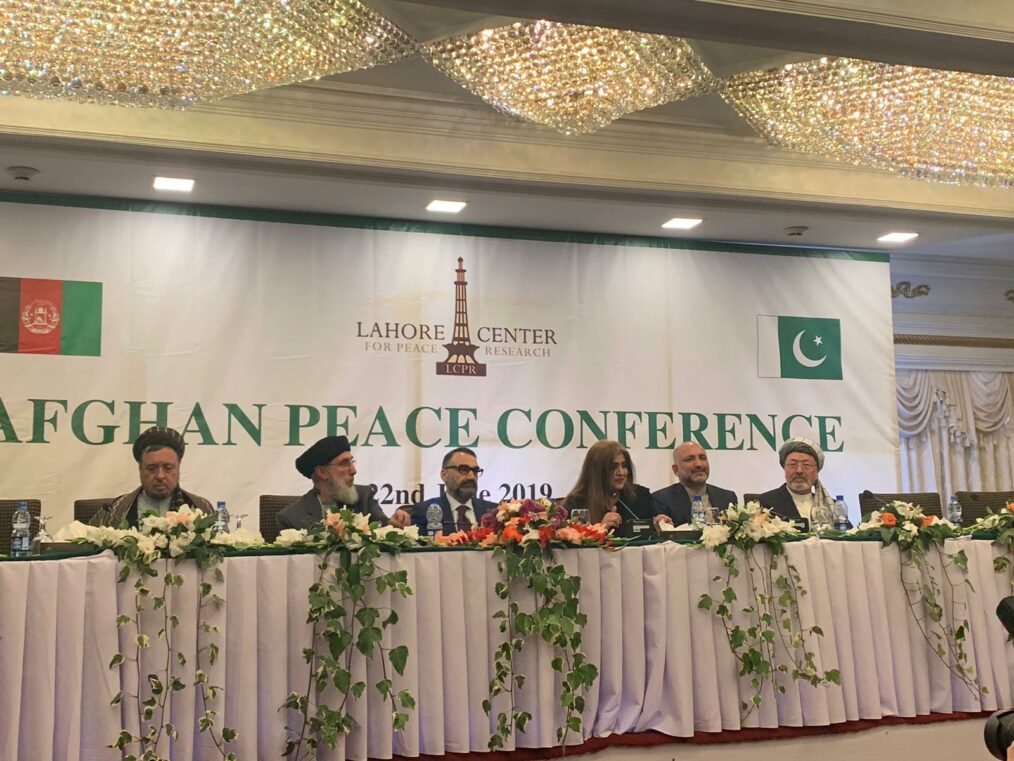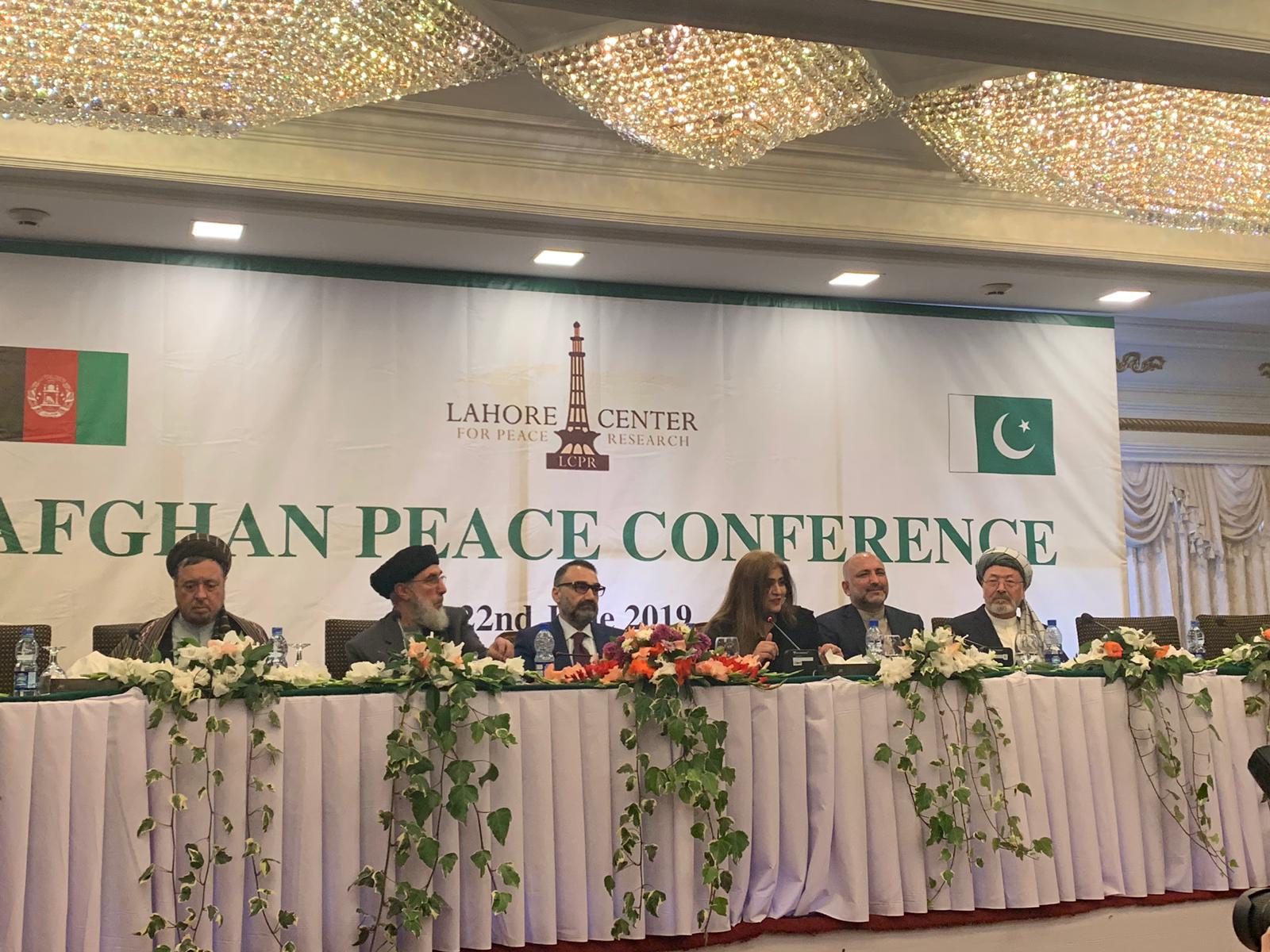The Ministry spokesman, Bahram Qassemi said, “Saudi Arabia, the birthplace of fundamentalist ideology and a source of organized international terrorism, lacks competence and credit to accuse other countries of terrorism.” Qassemi said this in response to Saudi Arabia’s Minister Adel al-Jubeir’s comments in a press conference in Pakistan that accused Iran of funding terrorists. He calls out the Saudis hypocrisy of calling an end to terrorism with one hand while funding it with another.
This press release by Iran is quite interesting because it shows that the proxy conflict with Iran and Saudi Arabia is still alive and well. Iran is making it seem like Saudi Arabia threw the first punch at Iran. It is essentially a blame game for who is allowing terrorists to thrive in the Middle East and North Africa. It is no secret that Iran funds terrorist organizations.
They created the group during the Lebanese Civil War and during the Israeli occupation in the south of Lebanon. Iran funds Hezbollah to commit terrorist attacks on Israel and other targets in Lebanon to create the proxy Islamic Republic. Iran notices the power and more openness of Saudi Arabia to the West, so it uses terrorist to disrupt systems in the Middle East to prevent Westernization and Saudi reach/power. Iran has made great strides doing this because they have more control in Lebanon through Hezbollah with a growing movement in the country, as well as more power in Syria with supporting radical Shi’a groups.
It is no surprise that Iran funds terrorism, but Saudi Arabia is not so innocent either. Both states are at fault for supporting and funding terrorist organizations. Reports show that Saudi Arabia has funded terrorist organizations in Yemen to support their efforts in the Yemeni civil war.
It is almost comical that both states go back and forth for blaming each other for supporting terrorists when they both are at fault. They simply blame the other and reassure the public that they do not support terrorism. Yes, of course, they kill terrorists and support the West in this regard. They continue to aid them as well. It seems that there is no answer and ending the Saudi-Iran sour relations due to their control of proxies through the region.
The only way to really create change would be through regime change if that is a revolution or peaceful succession of a more liberal leader. Neither of these tends to be in sight because at the end of the day both want full control of the Middle East and North Africa. They will both continue to aid terrorist groups and publicly mudsling each other.
This Cold War type conflict between Saudi Arabia and Iran is difficult because it is multi-faceted. It impacts the entire region including countries like Syria and beyond with countries like the US/EU and Russia. The best way to deescalate the conflict is for larger powers, such as the US, to call out Iran and Saudi Arabia for supporting terrorism.
Saudi Arabia should be punished like Iran from the US and its allies by imposing sanctions or to cut military aid. The US punishing and isolating Iran will only further the proxy/cold war conflict in the Middle East.
It is also a national security risk for the US and any other country, including America’s adversaries like Russia and China to allow Saudi Arabia and Iran to fund terrorist.
In the present time, it might be helpful to continue this aiding, but in the long-term, these terrorist groups can create damage and harm Americans. For example, in the 1980s when the US helped arm the Mujahidin during the Soviet invasion in Afghanistan. Some of those fighters joined organizations that the US considers a major terror threat today. The US needs to take a different direction regarding Saudi Arabia and Iran to prevent inefficiency and furthering the deaths of innocent people.










